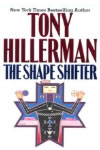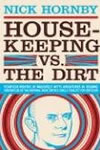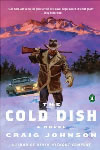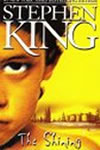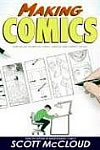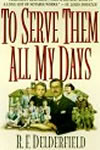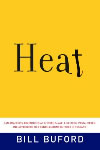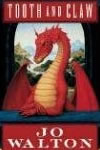The Romans had central heating, a form of banking based on capitalist principles, weapons factories, even spin doctors, whereas the barbarians were simple agriculturalists with a penchant for decorative safety pins. So, while the barbarians had something to do with it, they couldn't really have caused the fall of the Empire. Surely the barbarians merely took advantage of more fundamental problems rife within the Roman world.
But did they? This book will reopen one of history's greatest mysteries: the strange death of Roman Europe.
The end of the Western Roman Empire was not a mere political experiment. A vast zone of economic prosperity and artistic innovation suddenly collapsed and vanished, leaving Europe to centuries of grinding poverty.
Heather builds a compelling argument that the barbarians were responsible — not because (as Gibbon thought) the Romans were so indolent and decayed that they could no longer resist, nor because the Germans were such great warriors, nor yet because Roman taxes were too high. The barbarians destroyed the Empire because they wanted so urgently to join it.
Rome's frontiers expanded to the edges of the ancient West because, in the end, people on the frontier wanted to be Roman. This expansion benefited everyone for centuries: the new Romans got central heating and theater, and the Romans got an every-growing economy. What stopped expansion in the East was a superpower. In the North, what stopped expansion were the Barbarians — people so poor, in lands so cold and barrent, that the Roman economy couldn't make any headway. You could make a denarius from British pottery or Spanish wine or North African wheat, but what could you do with safety pins?
It was clear to the Romans that the ledger sheet would never work, that at some point they'd be trying to turn a profit in frozen wastes. But that didn't help the folks left on the outside. They wanted to be inside; the more frozen the wastes, the better that central heating sounded. It was, in short, a mess.
The mess was tolerable as long as life on the outside remained tolerable. What changed? The Huns . We don't know much about the Huns — not even what sort of languages Hunnish might have been — but we do know that nobody wanted to live anywhere near the Huns. Germans, caught between Horde and the Roman police, opted to face the police and try asylum. The Romans couldn't keep them out, and the Huns had force-fed their political development until the Germans had become formidable, unified forces. Those German politicians wanted their own tax bases, and the whole central edifice collapsed.
Our best sources for the late empire are roughly as good as our worst sources for the Augustan age. We often have to rely on epitomes and summaries written centuries after the event, or on biased polemics intended to prove theological or political points in which we no longer have much interest. Worse, many of our sources are simply unattractive. You might not have wanted to vote for Cicero but he'd be an interesting guy to have to dinner. You might not want your teenage daughter to be dating Juvenal or Catullus or Ovid, but you can see why she might have other opinions. But Symmachus and Cassiodorus are difficult at best, florid and flyblown. For many things we ought to know (who were the Huns, anyway?), we simply have no sources.
Occasionally, Heather tries to relieve the rhetorical excesses of the age by reaching for an informal tone. Often, this works, though I do think the word "consequences" is generally superior to "knock-on effect". I'd love to have a little more archaeological detail and to hear a little more about the evidence, but the text already runs to 459 pages with another 100 of apparatus and a couple of dozen plates. This is an admirable book: readable, sensible, thorough, and level-headed.
December 7, 2006 (permalink)
